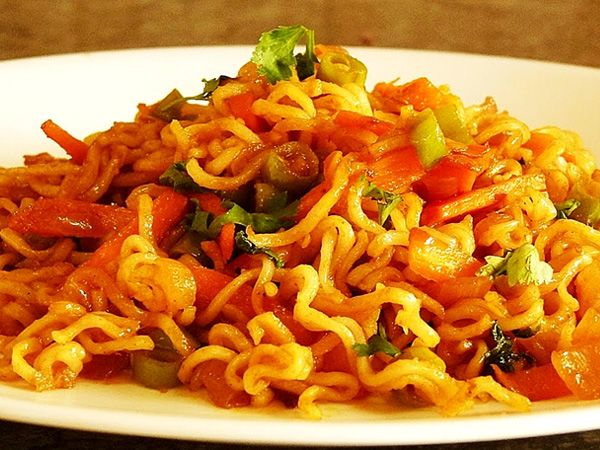
Monosodium glutamate (MSG) has been in the news lately and while it’s okay to throw out that packet of Maggi noodles, not all MSG content is unhealthy.
Everything you need to know about MSG
• MSG molecule contains glutamate, water and sodium molecules.
• Glutamates are present in most natural protein rich foods like meat, milk, mushrooms and some vegetables like tomatoes, peas and corn.
• MSG is found in fast foods as well as in commercially packaged food products.
• MSG is obtained from carbohydrate sources via a natural fermentation process similar to that used in making cheese and yogurt.
• It is 100 per cent vegetarian.
What is the role of MSG in foods?
• MSG is a flavor enhancing food additive which is used primarily in Asian cooking.
• MSG is known to enhance the natural flavors of poultry, meat, seafood, snacks and stews due to a heightened perception of the ‘umami’ taste (Japanese word for delicious).
• Umami is the fifth basic taste in addition to the other four traditional tastes- sweet, sour, salty and bitter.
• In addition to flavor enhancing, MSG helps reduce addition of salt to food as it naturally contains sodium but in much lesser amounts than table salt.
• The amount of glutamate people consume via MSG/ processed foods is very similar to the amount of glutamate people consume via natural products.
Is MSG safe to consume?
• It is considered to be safe fo consumption by all global and local food authorities.
• The intake of MSG as a food additive and the natural level of glutamate in foods do not represent any toxicological concern to humans.
• The possible health effects of MSG have been extensively researched, with results reviewed by many international regulatory authorities. They conclude that MSG is safe as a food ingredient.
• They also conclude that there is no evidence linking current MSG food use to any serious, long-term medical problems in the general population.
• E numbers are codes for food additives (once the product has been approved as safe) which are approved by the European Food Safety Authority (EFSA).They are commonly found on food labels. MSG has been tested by EFSA and given the E number 621 for it use.
What does FSSAI (Indian Regulations) say about MSG?
• The Food Safety Standards Packaging and Labelling Rules (India) says – “Every advertisement for and/or a package of food containing added Monosodium Glutamate shall carry the following declaration, namely – This package of (name of the food) contains added MONOSODIUM GLUTAMATE. Not recommended for infants below 12 months.
Image courtesy: Shutterstock
More On >> Healthy Living




